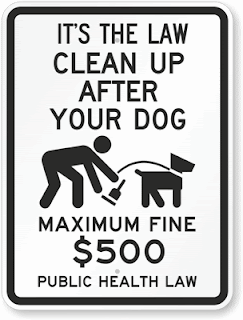A fork in the road is what you see in this picture: a place where the road you're following splits in two directions.
We also use this expression to talk about a moment in life when two options are open for us, and we have to choose one.
Have you ever come to a fork in the road, a situation where you had to choose between two directions for your life?
We also use this expression to talk about a moment in life when two options are open for us, and we have to choose one.
Have you ever come to a fork in the road, a situation where you had to choose between two directions for your life?



































 These three words are all nouns, and they all mean excitement (some people would say noise) generated by an event, a new book or film, a new trend, etc.
These three words are all nouns, and they all mean excitement (some people would say noise) generated by an event, a new book or film, a new trend, etc. 
 What is studying?
What is studying?



 To
To